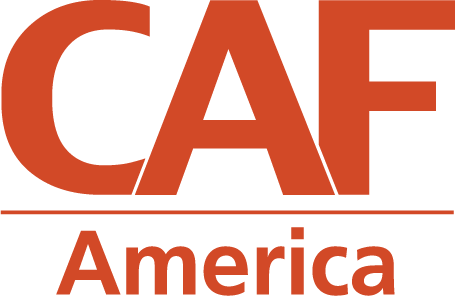Many donors are intimidated by the challenges of supporting charities and charitable activities in the Middle East & North Africa (MENA) region. Extensive registration requirements, regulations on foreign funding, and a complex sanctions landscape can lead many funders to avoid giving in the region altogether. In this heightened risk environment, CAF America is proud to work with charity partners across the region, helping to ensure regulatory compliance and reach those with much to gain from our help.
A critical component to effectively supporting vulnerable populations and sustainable development for communities in the MENA region is thoroughly understanding the common laws on regulatory compliance in each country. While we recognize that there are higher regulatory standards for many countries in this region, our job is to understand the regulations and comply with them.
Enhanced Requirements for Registration
For many donors, it may not be possible to find an organization that is carrying out the work they want to fund: one of the most common challenges for funders throughout the Middle East is the question of “sensitive topics.” Some issues or causes, such as those tied to politics and religion, are completely off-limits to charities. For example, in Algeria, organizations can only operate programs that advance a set list of issue areas defined in law.1 Other countries have set out less-defined regulations on programmatic issue areas, such as Morocco, which bans activities that are “contrary to good morals.”2 Overall, donors need to set realistic expectations for what types of organizations they will be able to partner with if they want to remain within the boundaries of regulatory compliance.
Higher Regulations for Foreign Funding
Once a donor has chosen a charity partner, they then need to choose the vehicle through which their funds will be transferred to the charity’s account. This might seem simple, but for countries across the MENA region there is a high bar for compliance. For example:
- In Algeria, Jordan, Qatar, Saudi Arabia, Tunisia, the UAE, and Yemen, the government must give prior approval before a charity can receive foreign funding;
- In Egypt, the Ministry of Social Solidarity must be informed of foreign funds and is then given a period of sixty days to challenge the transaction, during which the money cannot be spent;3 and
- In Tunisia, funds can only come from a country that has diplomatic relations with the government.4
These rules do not make granting to these countries impossible, but they do mean that funders must be incredibly careful when transferring funds to grantees in the MENA region. Failure to follow the correct rules can result in the donation being confiscated, or the charity being fined or shut down.
Sanctions Challenges
Sanctions on various countries and entities in the Middle East can also make donations more complicated. Countries in the region are often heavily sanctioned by the US Treasury’s Office of Foreign Assets Control (OFAC). General Licenses issued by OFAC allowing for humanitarian relief are often ineffective at connecting philanthropic donations to people affected by conflict or natural disasters, as funders typically avoid the risks of non-compliance. For example, in Yemen, while General Licenses exist for humanitarian support, the prevalence of Specially Designated Nationals (SDNs) means that foreign funders and NGOs are uncomfortable operating there for fear of retaliation from OFAC.5
While the sanctions landscape makes granting to the MENA region more challenging, CAF America is confident that it is still possible, and there are many good causes that meet regulatory requirements and still need donors’ support. Working with CAF America, donors can trust that we will follow a risk-based approach, built on our deep understanding of international grantmaking policies, and guarantee safe and effective transfer of funds to the organizations that need it most.
There are many barriers to any donor working in the Middle East—from sanctions and barriers to entry to everchanging diplomatic relations. Contact CAF America to learn how we can ensure regulatory compliance, mitigate the risks of giving, and ensure that your charitable gift reaches the beneficiaries who deserve it.
Interested in learning more about OFAC sanctions, what they mean, and how to work with them? Check out our whitepaper When the Giving Gets Tough: Navigating Risk in Sanctioned Locations, co-published with the Charity & Security Network.
—
1 Topics are: professional, social, scientific, religious, educational, cultural, sports, environmental, charitable and humanitarian domains
2 https://www.icnl.org/resources/civic-freedom-monitor/morocco
3 https://www.icnl.org/resources/civic-freedom-monitor/egypt
4 https://www.icnl.org/resources/civic-freedom-monitor/tunisia
5 https://www.cafamerica.org/wp-content/uploads/CAFAmerica_Sanctions_WP_FINAL-1.pdf


